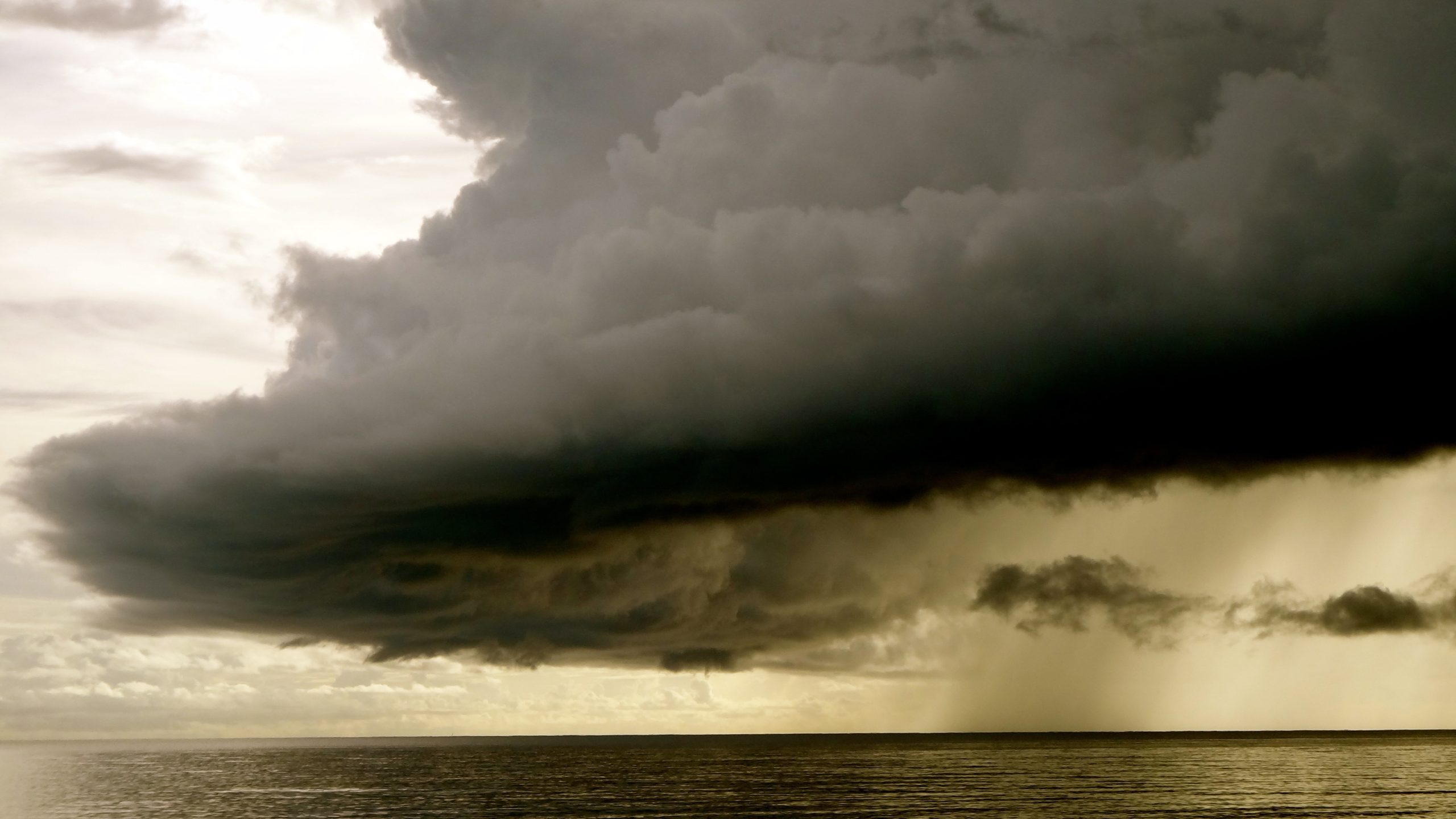“Blatherskite.” “Trained seal.” “Dim-witted saboteur”. “A piece of sh*t”. These are all terms which have been deemed to be “unparliamentary language” in Canada; use of them, and 102 other specified pieces of verbal abuse, may result in penalties levied by the Speaker of the House of Commons. To this list we must now add the words “Climate Change Barbie”, a phrase so steeped in vileness that both the offending M.P. and the Leader of the Opposition were forced to apologize.
To suggest that the current Minister of the Environment was possessed of no more scientific insight than a child’s toy was, indeed, a low blow, but the Honourable Catherine McKenna has also been disrespectful in her own speech. She has referred to some of her opponents as “climate change deniers”, a far more insidious charge and one much more corrosive of democratic values. By using the word “denier” she is engaging in several kinds of linguistic nastiness.
First of all, those who are contrarians or skeptics about the current climate consensus do not deny that long-term weather patterns are subject to change — so Ms McKenna, who is a smart lawyer and who surely knows this, seems to be engaging in a deliberate misrepresentation of the views of Canadians who disagree with her. A good rule for public debate is that one should state one’s opponent’s arguments as clearly as possible, in a way that the person who holds this position would accept as a fair way of stating it. I know that politicians seldom do this but it is not unfair to hold a minister of the crown to this standard, especially when she has herself complained about being slurred.
But what is worse, is that the term “denier” is slyly meant to associate skeptics with genocide or insanity. To be a “Holocaust denier” is to contradict the evidence of mass murder by Nazis and so, by insinuation, to be doubtful of the effects of atmospheric carbon dioxide is to be “Climate Hitler”. A neat trick, and not an accidental one.
Furthermore, to be “in denial” is to maintain an alternate reality, at odds with the facts. It is a phrase used in psychiatry to describe one sort of irrationality, a defence mechanism to guard the psyche against disturbing facts and ideas. Therefore, if one states that temperatures today are not higher than during the Medieval Warm Period, one suffers from “Climate Insanity”.
Today’s debate about the future of our climate is an enormously important one, with billions upon billions of dollars and (perhaps) billions of lives at issue. Pipelines, hurricanes, mass migrations, jobs, hydro projects, drought, education, taxation, investment — scarcely any aspect of our public lives is free from possible effects. Name-calling does not help a democracy come to the right conclusions. Attributing bad motives to one’s opponents don’t make the issues any clearer. Banning opposing viewpoints from journals or academic posts only engender ill will. This topic is too important for cheap shots from ministers or their opposition.



